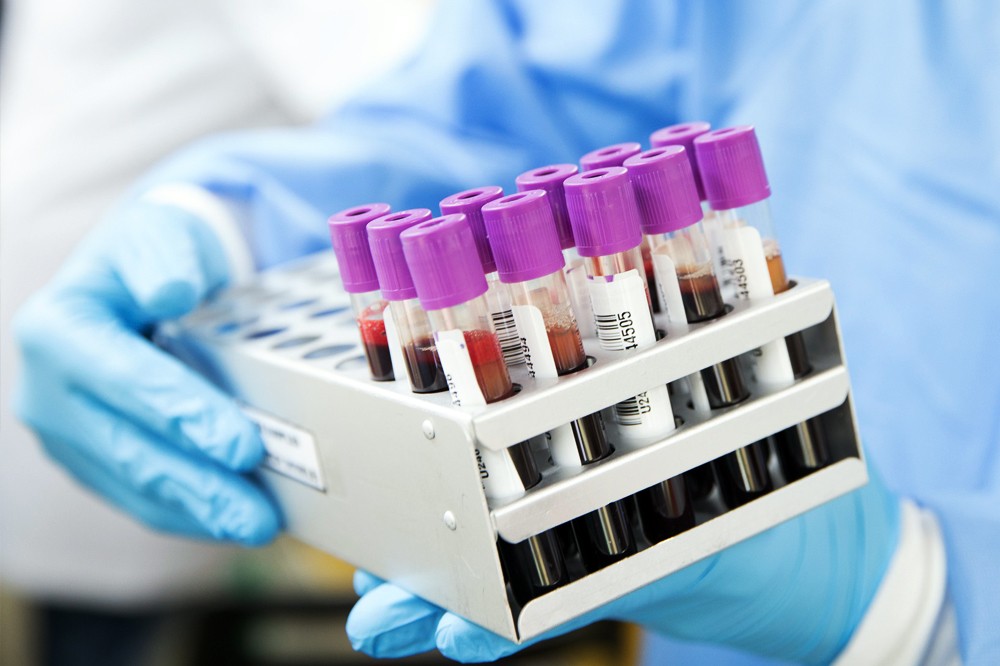Article -> Article Details
| Title | How Can Blood Tests for Body Analysis Detect Hormonal Imbalances? |
|---|---|
| Category | Fitness Health --> Addictions |
| Meta Keywords | Blood Tests for Body Analysis in Dubai |
| Owner | Muhammad Ahmad |
| Description | |
| Blood tests for body analysis have become an essential tool in modern medicine for diagnosing a variety of conditions, including hormonal imbalances. These imbalances can significantly impact your health and well-being. Hormones, the chemical messengers in your body, control many vital functions, such as metabolism, reproductive health, mood, and more. When hormones are out of balance, it can lead to a range of symptoms, from fatigue and weight changes to mood swings and infertility. Blood tests for body analysis can help identify these imbalances and provide doctors with the crucial information needed to determine the proper treatment. In cities like Dubai, many people seek Blood Tests for Body Analysis in Dubai to monitor and manage their health more effectively. Understanding Hormonal ImbalancesHormonal imbalances occur when the body produces too much or too little of a hormone. This can happen in both men and women and often results from factors such as age, stress, lifestyle, and underlying health conditions. Common hormonal imbalances include thyroid disorders, adrenal imbalances, and sex hormone issues like estrogen or testosterone fluctuations. Blood tests for body analysis are used to measure the levels of various hormones in your bloodstream, providing doctors with a clear picture of your hormonal health.
How Blood Tests Detect Hormonal ImbalancesBlood tests for body analysis can detect hormonal imbalances by measuring the concentration of specific hormones present in your blood. These tests provide accurate and reliable data, helping doctors identify which hormones are out of balance. Some of the most common hormones tested include:
By analyzing the levels of these hormones, blood tests can pinpoint specific imbalances and help doctors develop personalized treatment plans. Benefits of Blood Tests for Detecting Hormonal ImbalancesBlood tests for body analysis offer several key benefits when it comes to detecting and managing hormonal imbalances. Here are some of the primary advantages:
Doctors’ Treatment for Hormonal ImbalancesWhen blood tests reveal hormonal imbalances, doctors can recommend several treatments to restore balance. Treatment options vary depending on the specific hormone affected and the severity of the imbalance. Common treatments include:
FAQs About Blood Tests for Body Analysis and Hormonal Imbalances1. How often should I get a blood test to check for hormonal imbalances? 2. Can blood tests detect all types of hormonal imbalances? 3. What should I do if my blood test shows a hormonal imbalance? 4. Are blood tests for body analysis painful? 5. How long does it take to get blood test results? ConclusionBlood tests for body analysis are a powerful tool in detecting hormonal imbalances. They offer a precise way for doctors to identify imbalances and tailor treatment plans that restore balance to the body. If you are experiencing symptoms of a hormonal imbalance, getting a blood test can provide the information needed to take control of your health. For those in cities like Dubai, Blood Tests for Body Analysis offer a valuable option to ensure optimal health and well-being. | |

